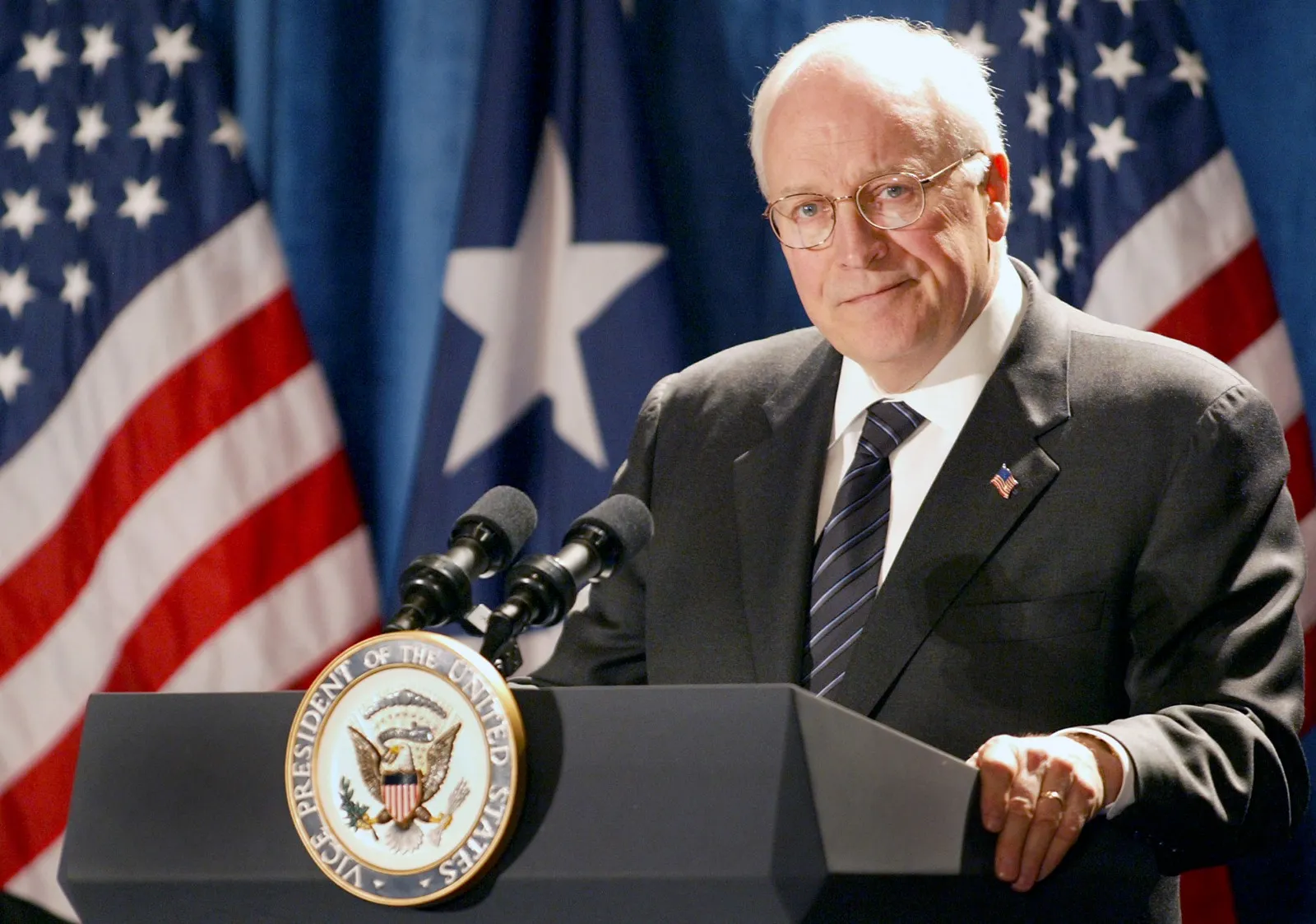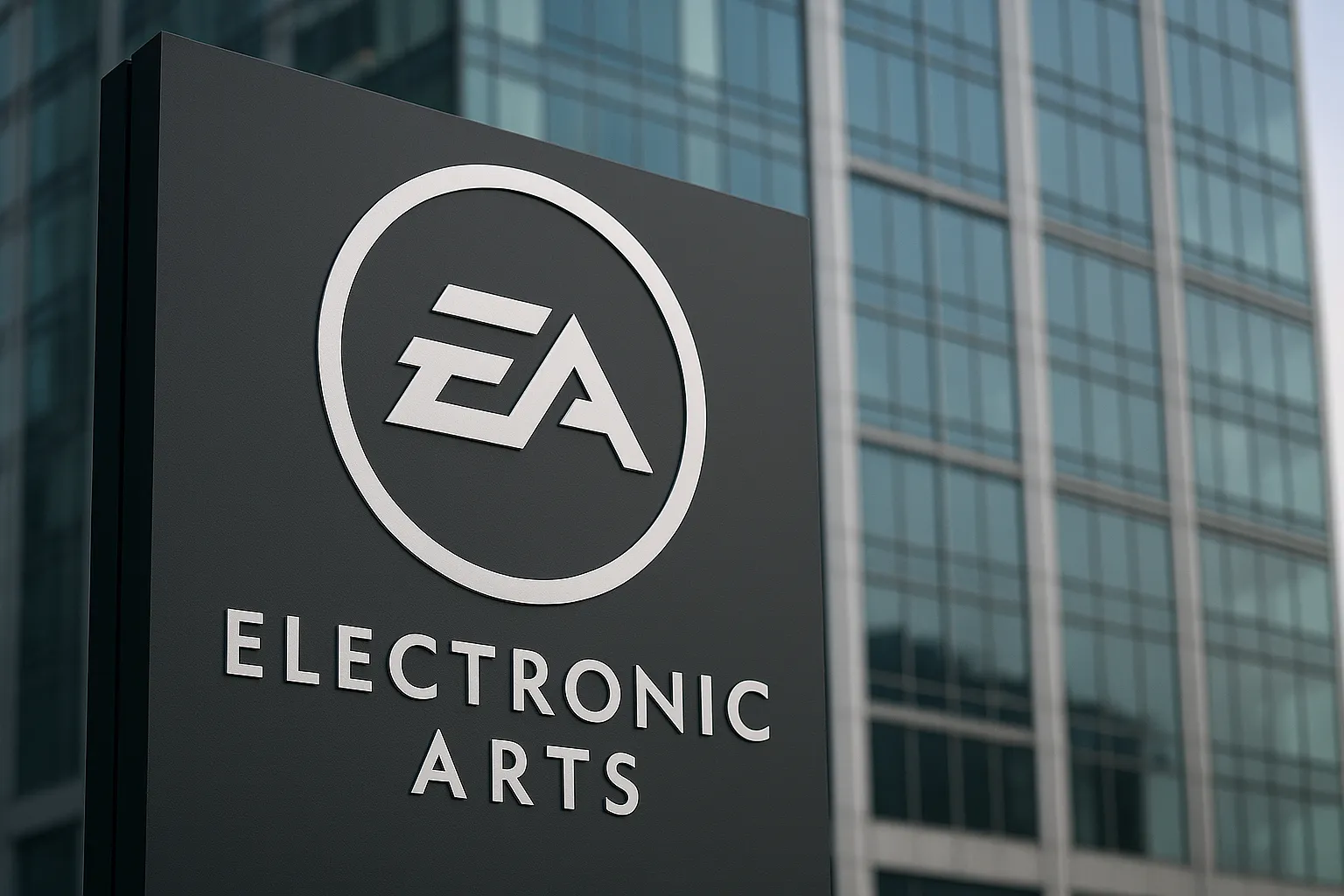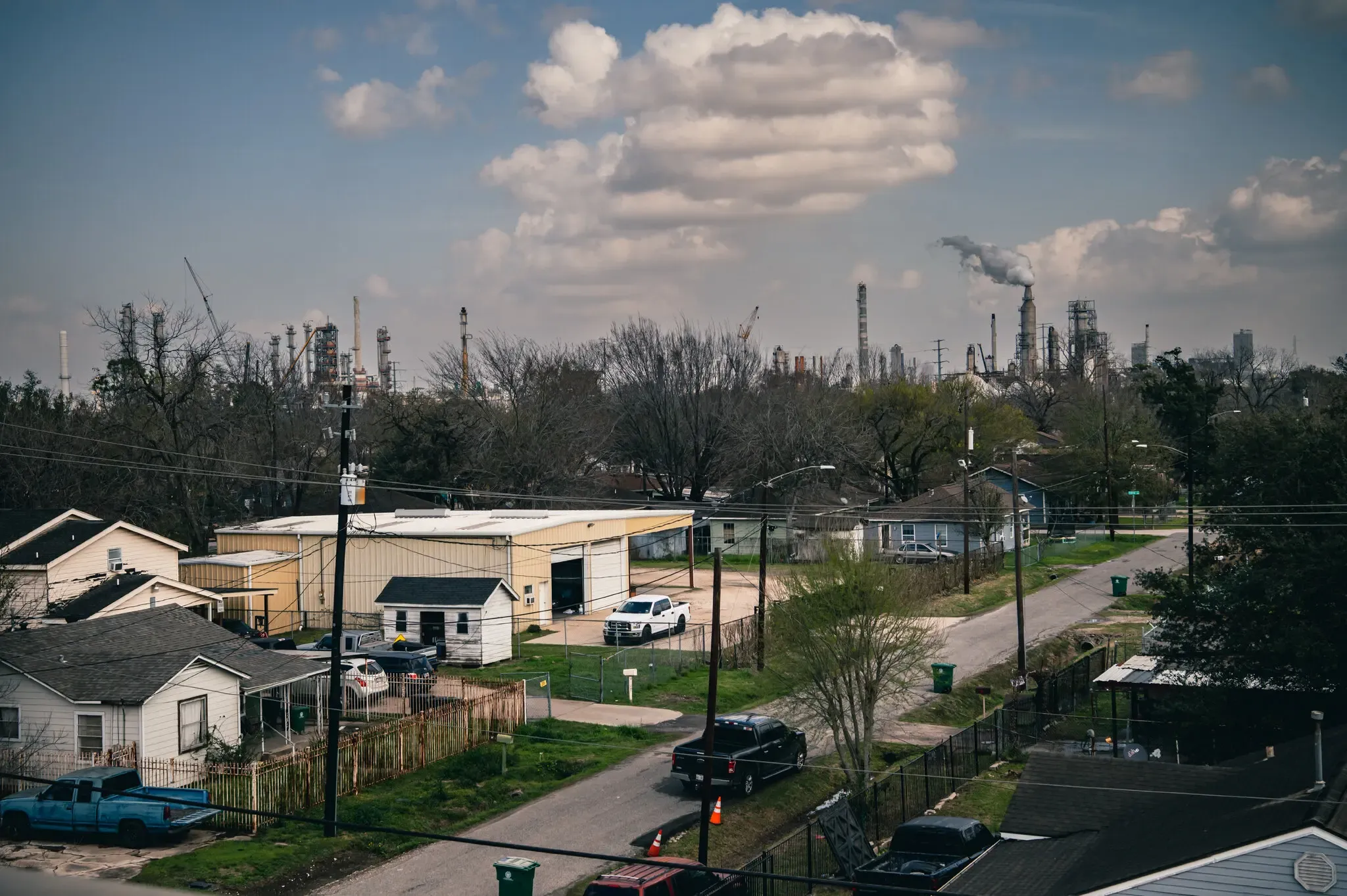Cheney Memorial Highlights How Today’s Politics Differ From His Time in Office
20.11.2025
Cheney Memorial Highlights Shifts in American Politics
On Thursday, Washington National Cathedral will host a memorial service for former Vice President Dick Cheney, a venue long associated with major state funerals. Yet this ceremony stands out not only because of Cheney’s outsized role in U.S. politics, but also because of what it reveals about the country’s sharply divided political climate — and who chooses to attend, or stay away.
At a moment of intense partisanship, an unusually mixed group of Republicans and Democrats will gather to honor a man who spent much of his career as a deeply polarizing figure. Just as telling, however, will be the absences, especially among politicians wary of how their presence might be perceived today.
A Polarizing Legacy Revisited
Dick Cheney, who died earlier this month at 84, left a major imprint on U.S. foreign and national security policy. After the Sept. 11, 2001 attacks, he was a key architect of the country’s aggressive response to terrorism and a leading advocate for the invasion of Iraq. Those decisions made him a hero to many Republicans who believed in a hard-line approach, and a villain to many Democrats who saw his actions as dangerous overreach.
Late in life, Cheney’s public break with Donald Trump and his support for his daughter Liz Cheney’s criticism of the former president reshaped how he was viewed. Many in his party distanced themselves from him, while some former critics revisited their judgments in light of his defense of democratic norms.
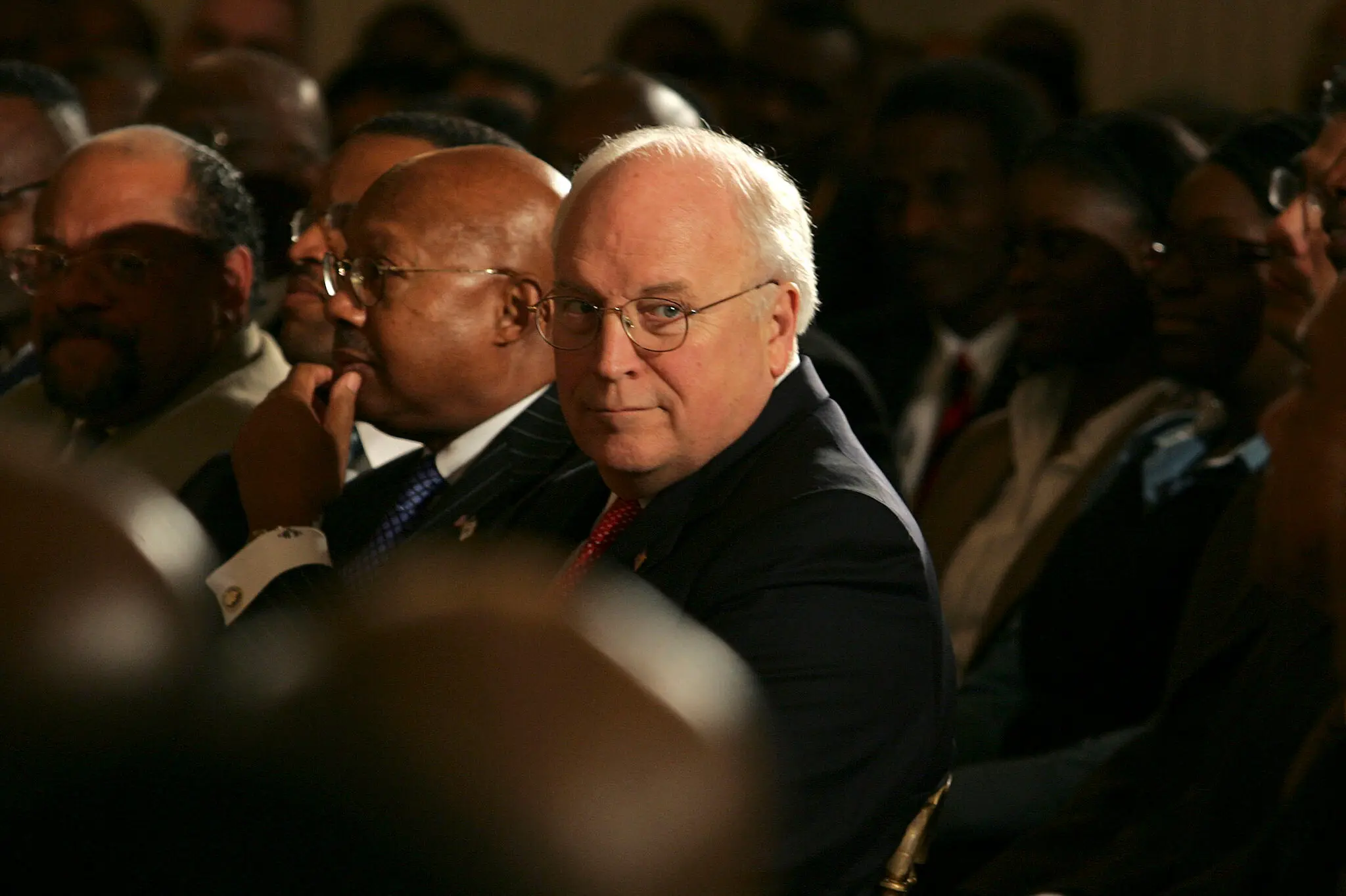
Who Will Attend — And Who Will Not
The lineup of attendees underscores the complexity of Cheney’s legacy. Former President George W. Bush, who relied on Cheney as his partner in the White House for eight years, will deliver a eulogy. President Biden, who campaigned against the Bush-Cheney administration and later succeeded Cheney as vice president, will attend to pay his respects.
Also expected are former House speakers John Boehner, a dependable Republican ally during the Bush years, and Nancy Pelosi, who frequently clashed with the administration at the time. Vice President Kamala Harris, the 2024 Democratic nominee, plans to attend as well — a year after Cheney surprised many by revealing that he intended to vote for her over Trump. Three more former vice presidents, Al Gore, Mike Pence and Dan Quayle, are also slated to be there.
Donald Trump was not invited, which comes as no surprise given Cheney’s outspoken criticism of him. Vice President JD Vance was invited but has not indicated whether he will attend, even though sitting vice presidents traditionally honor their predecessors at such events. Trump ordered flags lowered to half-staff after Cheney’s death, as required by law, but has otherwise remained silent.
Many Trump administration veterans are not expected, and current Republican lawmakers with ambitions for the future may keep their distance rather than risk angering Trump, who regards Liz Cheney as one of his leading Republican enemies.
On the other side of the aisle, it is uncertain how many sitting Democrats will come. Many on the left still feel strongly about Cheney’s record on Iraq, interrogation practices and surveillance. Some liberal voices have said openly that they do not mourn him, holding him responsible for deaths in the Middle East, the use of torture on terrorism suspects and expansions of executive power they believe paved the way for Trump’s own assertions of authority.
Speakers and Notable Absences
In addition to George W. Bush, Liz Cheney and several of the former vice president’s grandchildren will speak at the service. Dr. Jonathan Reiner, Cheney’s longtime cardiologist, and Pete Williams, a former aide who later became an NBC correspondent, are also scheduled to deliver remarks.
Former Presidents Bill Clinton and Barack Obama do not plan to attend, though both issued statements after Cheney’s death that acknowledged his service and patriotism.
A Long Career in Power
Cheney’s career spanned decades and multiple presidential administrations. In the 1970s, at just 34, he became the youngest White House chief of staff in U.S. history, helping President Gerald Ford navigate the aftermath of Vietnam and Watergate. In the 1980s, he represented Wyoming in the House of Representatives and quickly rose into leadership.
As defense secretary under President George H.W. Bush, Cheney oversaw two major military campaigns: the removal of Panama’s leader Manuel Noriega and the Gulf War, which drove Iraqi forces out of Kuwait.
His most lasting impact came from 2001 to 2009, when he served as vice president to George W. Bush. Using his experience and savvy understanding of Washington, Cheney transformed the traditionally limited vice presidency into a powerful driver of policy at home and abroad.
He was often portrayed as the real power behind the Bush administration, a characterization that irritated Bush. Insiders later suggested that image was exaggerated and noted that the two men diverged on a number of issues as their time in office went on.
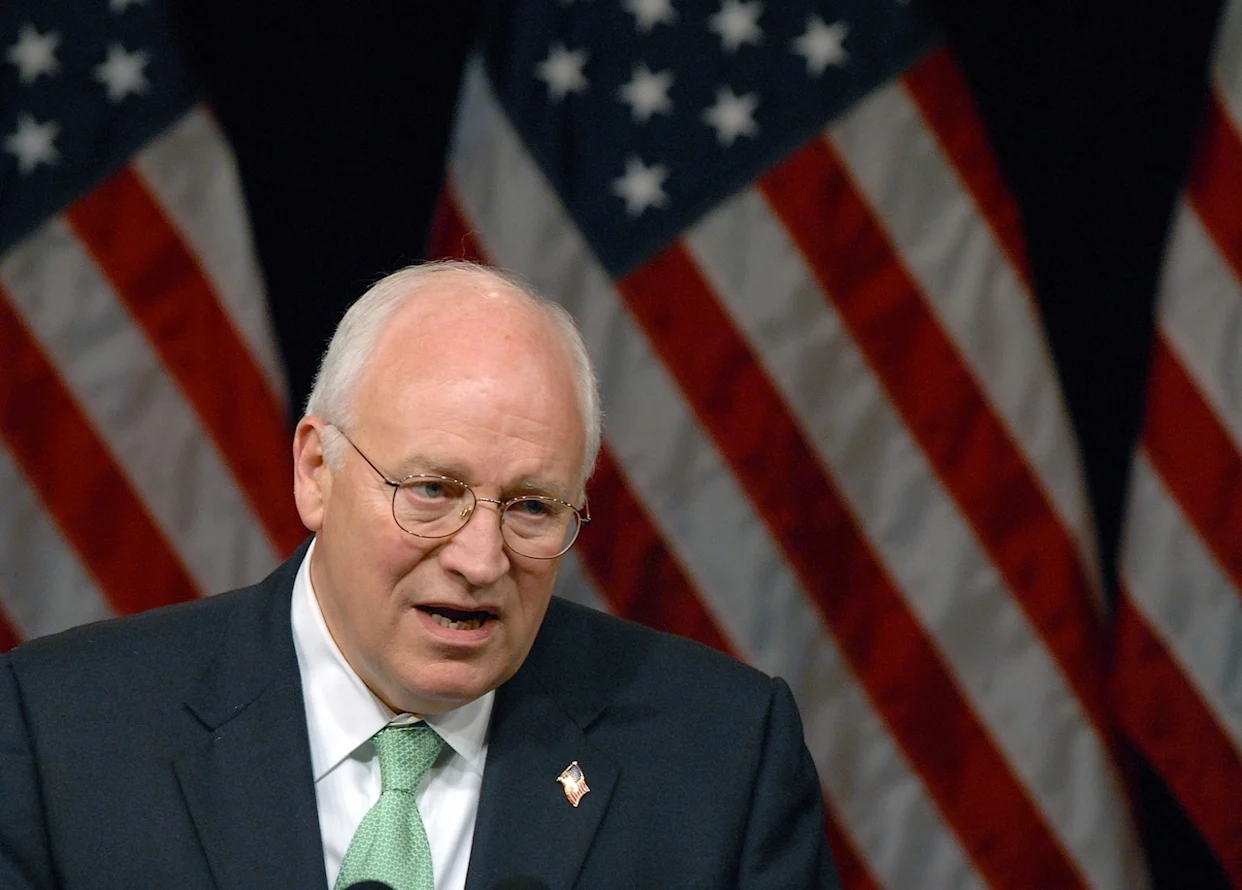
Health Struggles and Final Political Stance
Over the years, Cheney survived five heart attacks and eventually received a heart transplant. He later co-wrote a book with Dr. Reiner about his medical journey.
Unlike some Republicans who broke with Trump and moderated their positions, Cheney remained firmly conservative. What changed was his view of Trump himself. He considered Trump fundamentally unfit for office and a threat to the constitutional order, especially after the attempt to overturn the 2020 election through false claims of voter fraud.
Liz Cheney, who also represented Wyoming in the House, became one of Trump’s fiercest Republican critics, playing a leading role in the congressional investigation of the Jan. 6, 2021 attack on the Capitol. After she announced that she would vote for Kamala Harris, her father followed her lead.
Cheney declared that in the nation’s 248-year history, “there has never been an individual who is a greater threat to our republic than Donald Trump.” Citing Trump’s “lies and violence,” he argued that the former president could never again be trusted with power and urged Americans to put country before party to defend the Constitution. That, he said, was why he would cast his vote for Vice President Harris.
Trump responded by calling Cheney “an irrelevant RINO” and labeling him the “King of Endless, Nonsensical Wars,” accusing him of squandering lives and vast sums of money, and mocking Harris as “Comrade Kamala.”
Family and Final Wishes
Dick Cheney is survived by his wife, Lynne Cheney, and their daughters, Liz and Mary Cheney. The family has not released specific burial plans, but in his 2013 book with Dr. Reiner, Cheney wrote that when he nearly died in 2010, he told his family that he wanted to be cremated and for his ashes to be taken back to Wyoming.
He wrote that he did not fear death, recalling that in that moment he was free of pain and at peace. Looking back, he said he felt he had lived “a remarkable life” — a view that, for better or worse, few would dispute given the outsized impact he had on American politics and policy.

